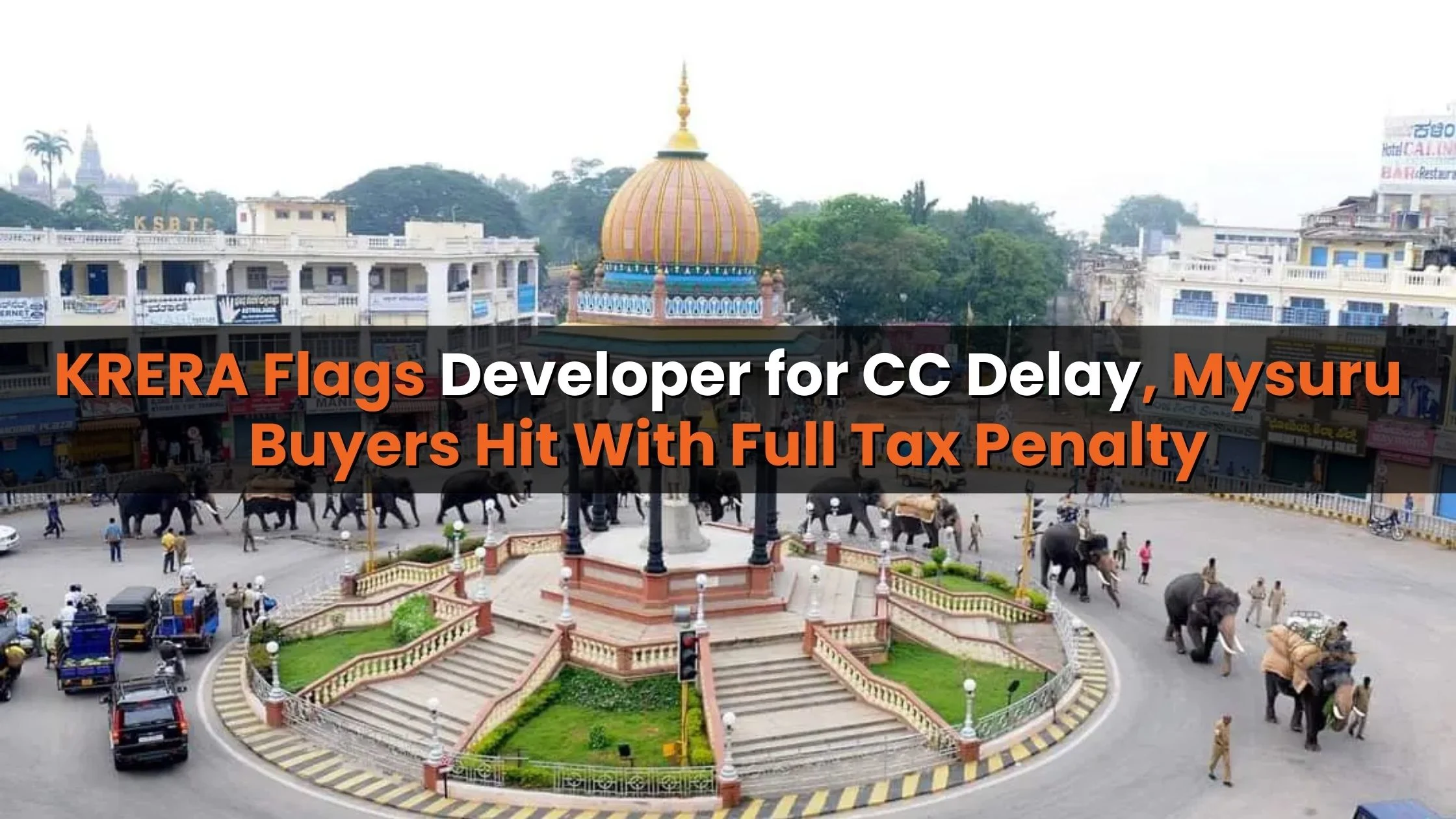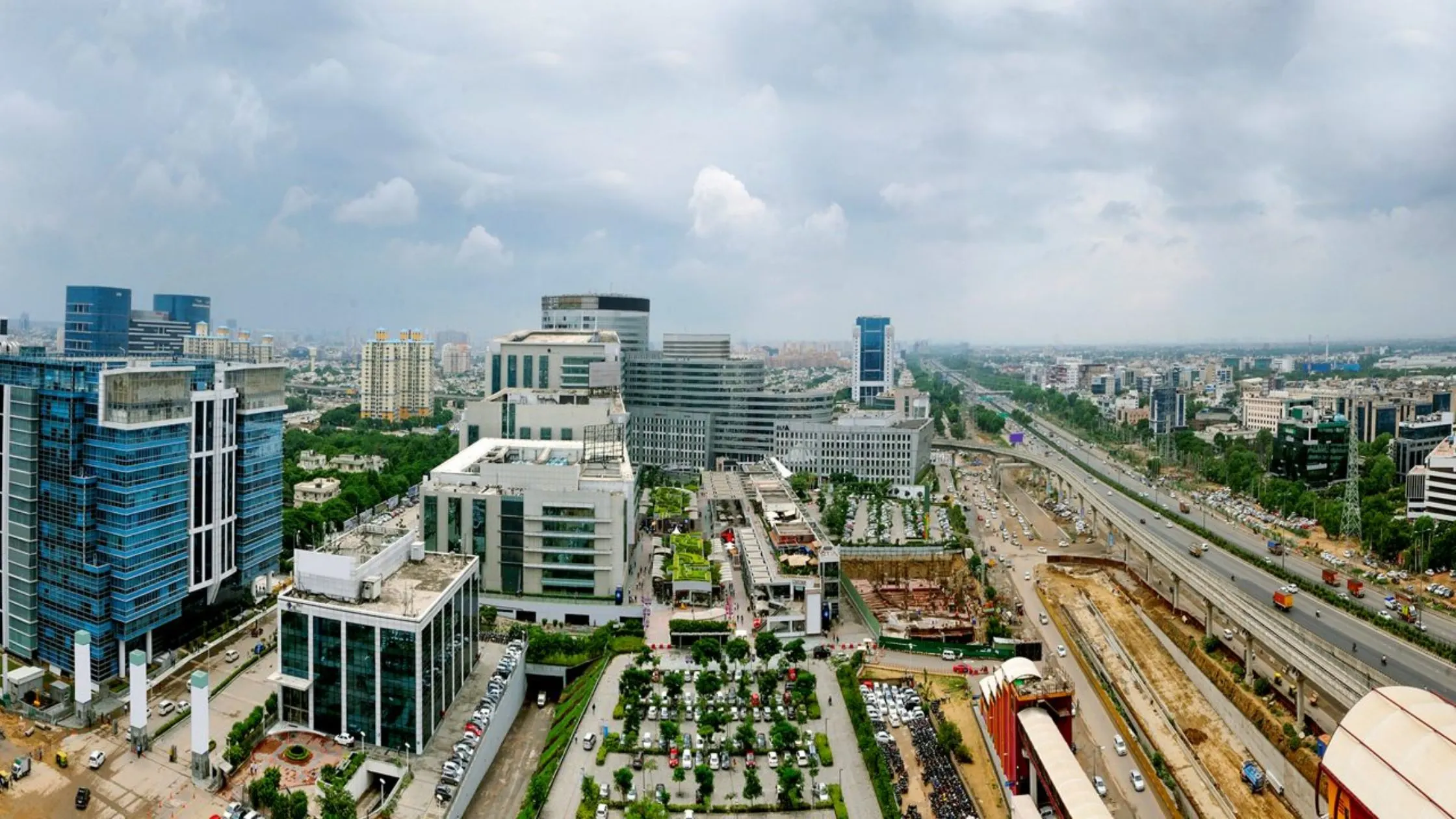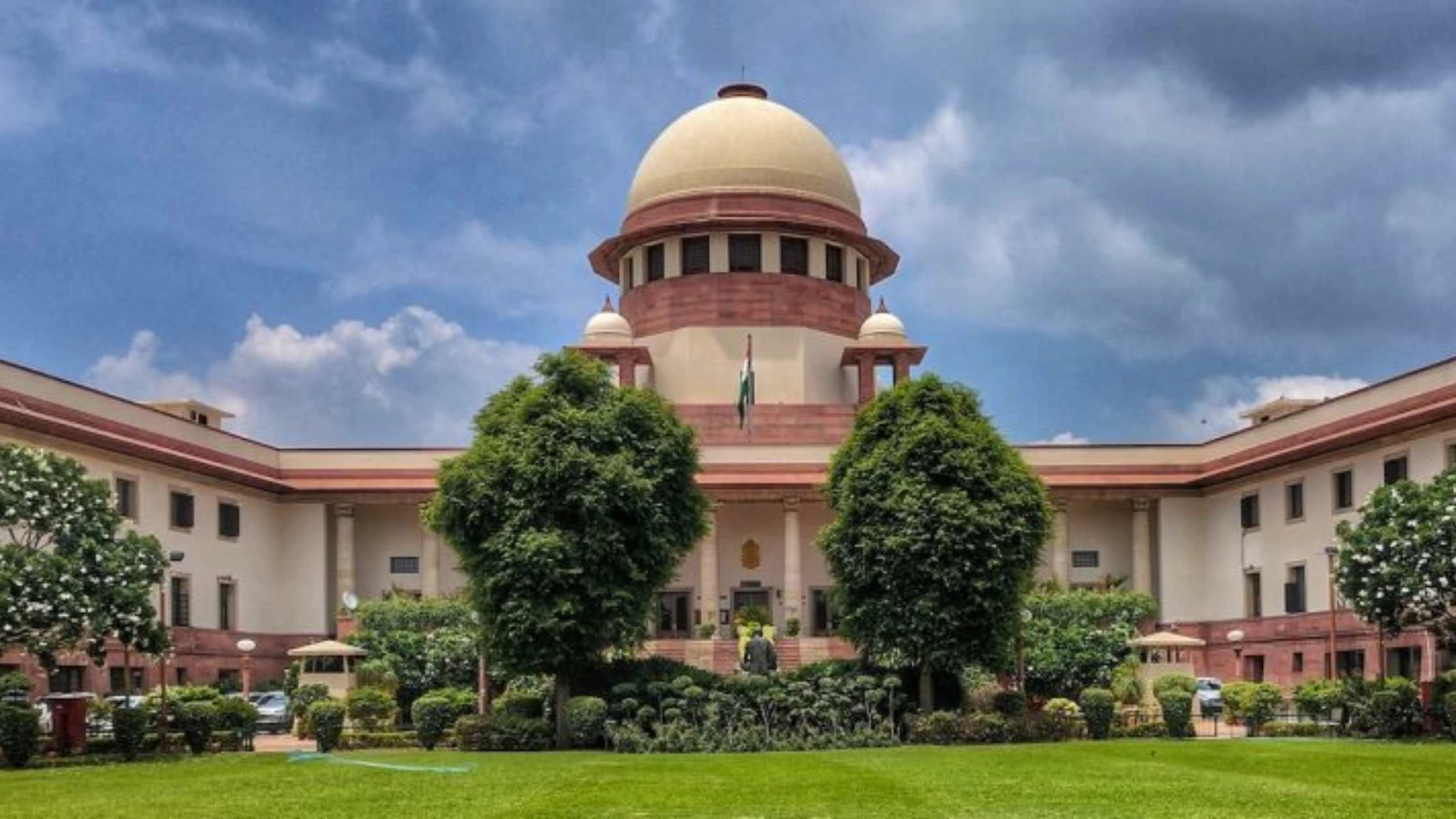Table of Content
▲
In a significant move that ends years of legal wrangling, DLF exits ₹10,000-crore South Mumbai project in Tardeo after reaching a financial settlement with real estate developer Hubtown. The Tulsiwadi redevelopment, one of South Mumbai’s largest and most awaited urban renewal initiatives, will now proceed without shareholder litigation, clearing the path for fresh momentum in project execution.
Background of the Tulsiwadi Redevelopment Project
The 17-acre Tulsiwadi redevelopment project, adjacent to the prestigious Willingdon Golf Club in Tardeo, was originally a joint venture involving DLF, Hubtown, and Shapoorji Pallonji Group’s Chinsha Property. The ambitious urban renewal plan aimed to transform a large slum cluster into a luxury residential and commercial enclave. DLF and Chinsha each held a 37.5% stake in the Special Purpose Vehicle (SPV), while Hubtown owned 25%.
However, delays in execution and a major loan default in 2021 stalled the development. A ₹900-crore loan from PNB Housing Finance turned non-performing, triggering a series of legal and financial complications.
Also Read: As a First-Time Homebuyer, Should You Invest in a Tier 2 City and Rent in a Metro?
Settlement Terms: DLF’s Formal Exit
Under the new agreement, DLF exits ₹10,000-crore South Mumbai project after accepting a structured payment of ₹800 crore from Twenty-Five Downtown Realty, an affiliate of Hubtown. Of this, ₹100 crore has already been paid as an initial installment. The remaining ₹700 crore will be paid over the next two years.
To secure the payment, Hubtown has mortgaged 1.5 lakh sq ft of project space to DLF, according to documents reviewed and registered last week. This structured mortgage ensures DLF's claims are protected even as it relinquishes its stake in the SPV.
Legal Disputes Finally Resolved
DLF’s exit brings to a close a prolonged legal battle that included arbitration, complaints before the Real Estate Regulatory Authority (RERA), and National Company Law Tribunal (NCLT) proceedings. DLF had alleged wrongful share transfer and shareholder rights violations after PNB Housing invoked pledged shares to recover its exposure, eventually selling DLF’s and Chinsha’s stakes.
While Chinsha accepted its exit early on, DLF pursued legal remedies. The present financial settlement includes DLF formally withdrawing all litigations against Hubtown, the SPV, PNB Housing Finance, and related parties.
Tulsiwadi Project: What Lies Ahead
With DLF now out of the picture, Hubtown can move forward unencumbered. The project already has three residential towers registered with RERA and has received funding support from global investment firm Oaktree Capital.
Located in one of the most premium real estate zones in Mumbai, the Tulsiwadi redevelopment is poised to become a flagship luxury housing project with excellent views, modern infrastructure, and elite amenities.
Broader Industry Significance
The resolution sets a compelling precedent in the Indian real estate sector, where structured exits backed by real estate assets are gaining popularity over protracted litigation. As developers seek faster, legally secure routes to untangle stalled joint ventures, this settlement may inspire similar outcomes across high-stake real estate partnerships.
Industry experts believe such settlements help unlock long-delayed projects, benefiting not just the stakeholders but also the housing market and end consumers.
Also Read: Bought 2 Properties Before 35 And Got (Almost) Debt-Free Doing It
Conclusion
The announcement that DLF exits ₹10,000-crore South Mumbai project with a structured ₹800 crore settlement with Hubtown is a landmark development for Mumbai’s luxury real estate landscape. More importantly, it signals a growing maturity in the real estate ecosystem, where disputes are now being resolved through pragmatic, financially secure agreements rather than extended litigation.
As the Tulsiwadi redevelopment gears up for construction, all eyes will be on how the project progresses and whether this legal closure marks the beginning of a new chapter in urban renewal for South Mumbai.
Follow AquireAcers Whatsapp Channel to Stay Updated With The Latest Real Estate News






Ans 1. DLF exited the project after a prolonged legal dispute and reached a financial settlement of ₹800 crore with Hubtown’s affiliate, Twenty-Five Downtown Realty. The decision was made to resolve litigation and enable smoother project execution.
Ans 2. The project was a joint venture among DLF (37.5%), Chinsha Property (Shapoorji Pallonji Group) with 37.5%, and Hubtown with 25% in the Special Purpose Vehicle (SPV) formed to execute the redevelopment.
Ans 3. The project was delayed due to execution issues and a ₹900 crore loan default by the SPV in 2021, which triggered legal complications, including disputes over shareholding and financial control.
Ans 4. DLF will receive ₹800 crore in total ₹100 crore already paid upfront, and the remaining ₹700 crore over two years. As collateral, Hubtown has mortgaged 1.5 lakh sq ft of project space to DLF.
Ans 5. Yes. As part of the settlement, DLF has agreed to withdraw all litigations, including arbitration and RERA complaints, against Hubtown, the SPV, PNB Housing Finance, and associated parties.
Ans 6. With DLF out, Hubtown can proceed with the project without shareholder disputes. Construction is expected to accelerate, especially with funding support from Oaktree Capital and three towers already registered under RERA.
Ans 7. It sets a precedent for structured exits in joint ventures, allowing stalled projects to move forward. Such asset-backed settlements can reduce prolonged litigation and promote quicker resolutions in complex partnerships.
Ans 8. Yes. The Tulsiwadi redevelopment is poised to become a landmark luxury project, and its progress could rejuvenate investor confidence and market momentum in South Mumbai’s high-end property segment.
Ans 9. The project has received investment backing from Oaktree Capital, a global investment firm, which indicates strong financial support for its development phase.
Ans 10. No. Chinsha Property exited earlier after PNB Housing Finance invoked pledged shares. DLF was the only party contesting the transfer before this settlement.